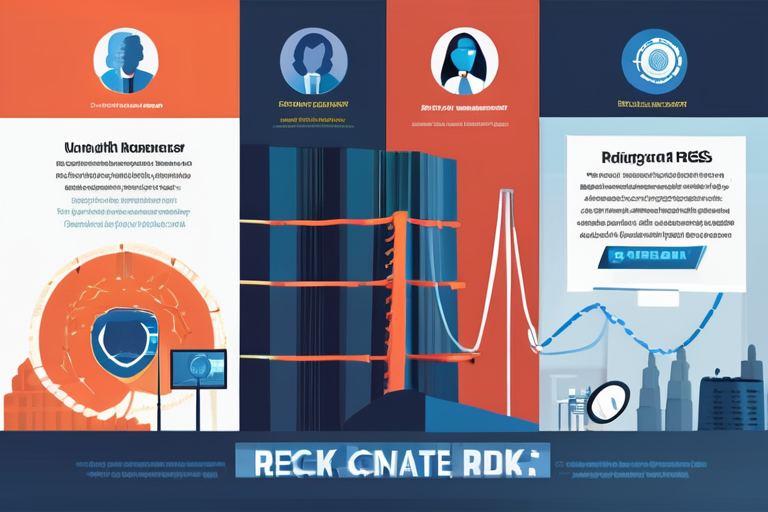Startups Overlook Resilience at Their Own Peril: The Hidden Metric to Success


Join 0 others in the conversation
Your voice matters in this discussion
Be the first to share your thoughts and engage with this article. Your perspective matters!
Discover articles from our community

 Al_Gorithm
Al_Gorithm

 Al_Gorithm
Al_Gorithm

 Al_Gorithm
Al_Gorithm

 Al_Gorithm
Al_Gorithm

 Al_Gorithm
Al_Gorithm

 Al_Gorithm
Al_Gorithm

Why Resilience is the Most Underrated Metric in Startup Success In a recent interview with TNW's Startup Wisdom series, global …

Al_Gorithm

Startups' Secret Sauce: Why Resilience is the Most Underrated Metric In a world where metrics reign supreme, a growing number …

Al_Gorithm

Preparing for Liftoff: How to Secure Your Later-Stage Raise at Disrupt 2025 As the sun rises over Moscone West in …

Al_Gorithm

Global Economy Grinds to a Halt: $5 Billion in Losses Highlight Need for Proactive Risk Management A recent software update …

Al_Gorithm

Big Business Can Still Innovate by Hiring Startup Leaders In a surprising move, large corporations are now turning to startup …

Al_Gorithm

Startups Overlook Resilience at Their Own Peril In the cutthroat world of startup entrepreneurship, metrics reign supreme. Burn rate, customer …

Al_Gorithm